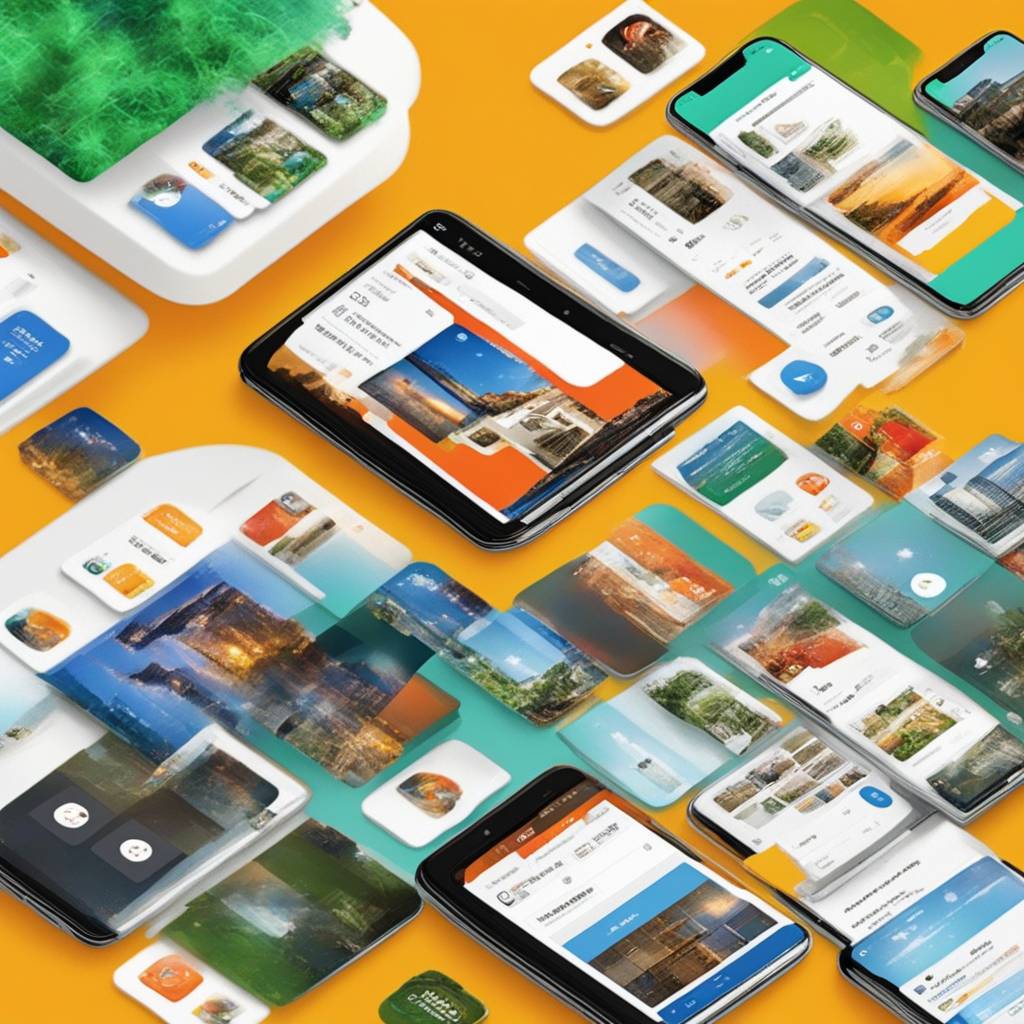Amazon has released a new mobile app for their Amazon One palm-recognition technology, allowing users to sign up for the service on their phones by taking a photo of their palm for registration. This new feature aims to make the initial signup and palm registration process smoother for first-time users, as previously it was limited to in-store kiosks. The app leverages AI technology to match an image from a camera phone with the near-infrared palm and vein imagery captured by an Amazon One device, ensuring accuracy and security for identity matching. The app is available for both iOS and Android users.
Amazon One technology has been deployed in more than 500 U.S. Whole Foods stores, Amazon Go stores, and over 150 third-party locations such as stadiums, airports, and convenience stores. However, the technology has faced some backlash at Red Rock Amphitheatre outside of Denver last year. To address privacy concerns, Amazon has stated that they will not share palm data with third parties under any circumstances, unless legally required to do so. Despite these concerns, Amazon reported that Amazon One has been used more than 8 million times, with over 80% of users becoming recurring users in Whole Foods and Amazon stores. The company also introduced a version of Amazon One for building access and corporate security last year.
Dilip Kumar, vice president of Amazon Web Services Applications, explains that Amazon One captures both the palm and its underlying vein structure to create a unique numerical, vector representation known as a palm signature for proper identity matching. The new AI innovation in the app compares vector representations of palm images from both the app and the Amazon One device to ensure accurate authentication. By doing so, Amazon can confirm that the person using the Amazon One device is the same individual who signed up for the service using the app beforehand.
The release of the Amazon One app represents Amazon’s effort to expand the accessibility and convenience of their palm-recognition technology to a broader user base. By enabling users to sign up for the service on their phones, Amazon aims to streamline the initial registration process and enhance user experience. The app leverages advanced AI capabilities to ensure secure and accurate identity matching by comparing palm images from the app with the palm and vein images captured by Amazon One devices in various locations.
Overall, Amazon One has been utilized in a variety of settings, including retail stores, stadiums, airports, and corporate buildings, to provide a seamless and secure identity verification experience for users. Despite concerns surrounding privacy and security, Amazon assures users that their palm data will not be shared with third parties unless legally required. With millions of successful uses and a high rate of recurring users, Amazon One continues to demonstrate its reliability and effectiveness in providing convenient and secure access to various services and locations.












